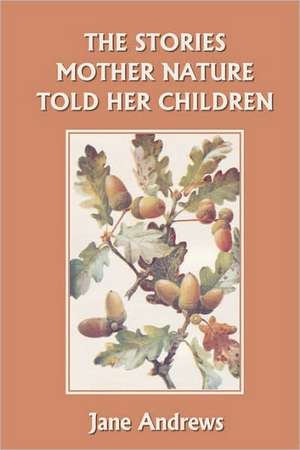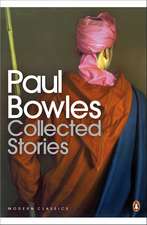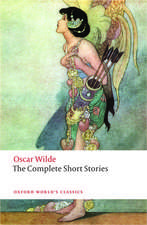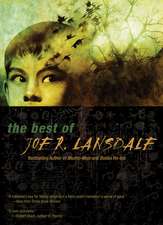The Stories Mother Nature Told Her Children (Yesterday's Classics)
Autor Jane Andrewsen Limba Engleză Paperback – 30 sep 2007
Preț: 65.87 lei
Nou
Puncte Express: 99
Preț estimativ în valută:
12.60€ • 13.13$ • 10.44£
12.60€ • 13.13$ • 10.44£
Carte tipărită la comandă
Livrare economică 03-17 aprilie
Preluare comenzi: 021 569.72.76
Specificații
ISBN-13: 9781599150635
ISBN-10: 1599150638
Pagini: 108
Dimensiuni: 229 x 152 x 6 mm
Greutate: 0.17 kg
Editura: Yesterday's Classics
Locul publicării:United States
ISBN-10: 1599150638
Pagini: 108
Dimensiuni: 229 x 152 x 6 mm
Greutate: 0.17 kg
Editura: Yesterday's Classics
Locul publicării:United States
Notă biografică
Jane Andrews was an American writer and educator who lived from December 1, 1833, until July 15, 1887. She was able to establish a small elementary school in her home in 1860, where she taught J. Lewis Howe, Alice Stone Blackwell, and Ethel Parton. Her teaching, which was influenced by Mann's theories, was innovative for its time since it placed a strong emphasis on student experimentation, observation, and participation in the learning process as well as societal responsibility. Her health eventually forced her to close the school in 1885 after 25 years. A number of well-known children's novels were born from her lessons. Seven Little Sisters Who Live on the Round Ball That Floats in the Air (1861), her debut book, is a compilation of tales about seven young sisters who reside in various strange locations. The book was so well-liked that it was translated into Chinese, German, and Japanese and sold close to 500,000 copies over the following century. A sequel, Each and All: Seven Little Sisters Prove Their Sisterhood (1877), and a novel comparable to it, Ten Boys Who Lived on the Road From Long Ago to Now, about boys living in various historical eras, were published after it (1886).











